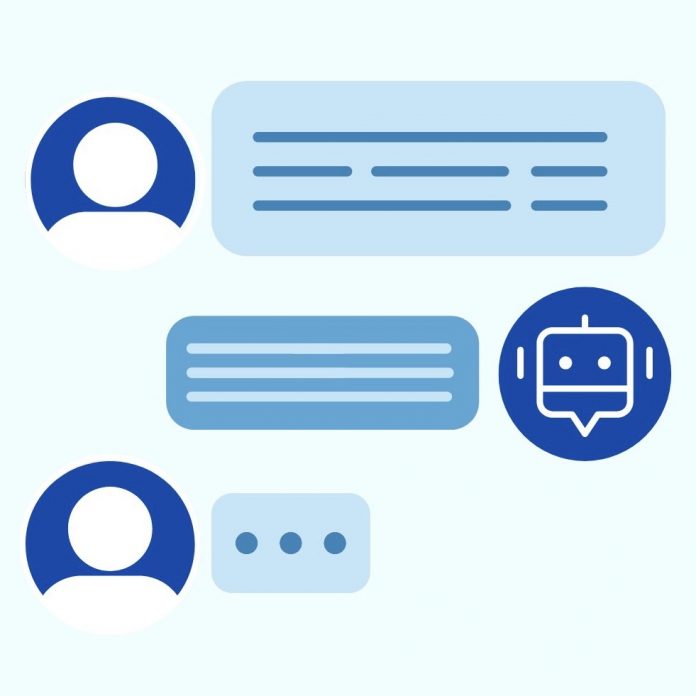Kiran Savkar ’26 is a prospective International Relations and Economics double major hailing from Brooklyn, New York. He is a member of the William and Mary Debate Society and Tribe Sailing club. He has a deep affection for Komodo dragons. Email Kiran at kssavkar@wm.edu.
The view’s expressed in the article are the author’s own.
“This discovery of yours will create forgetfulness in the learners’ souls, because they will not use their memories; they will trust to the external written characters and not remember of themselves. The specific which you have discovered is an aid not to memory, but to reminiscence, and you give your disciples not truth, but only the semblance of truth; they will be hearers of many things and will have learned nothing; they will appear to be omniscient and will generally know nothing; they will be tiresome company, having the show of wisdom without the reality,” Socrates said regarding the craft of writing in Plato’s “Phaedrus.”
Socrates was not alone in his sentiments. Throughout the ancient world, skepticism of the written word was widespread. To our prehistoric forebears, speech was their only means of communication, and memorization their only means of storing knowledge. To them, the written word seemed an existential threat to their traditions and way of life. Had their memorization of vast sums of knowledge been for naught?
Nevertheless, over the centuries, the written word has triumphed. Now, we can hardly imagine a world without it. Indeed, I would not hesitate to say the entirety of modern scholarship is built on the foundation of writing. We would live in a tremendously different world without it.
In hindsight, we can see that Socrates was quite obviously wrong. Yes, writing dissuaded memorization (I doubt most people go about their lives memorizing academic papers), but memory is not the only, nor the best, means to truth and wisdom, which our modern world makes abundantly clear.
And yet, as ChatGPT rocks our world, threatening the tried-and-true 19th century educational techniques and traditions we hold so dear, many seem fated to repeat that same fallacious logic that drove Socrates to his passionate opposition to writing millennia ago. Indeed, this very paper recently published an article decrying language learning models, and ChatGPT specifically, as the “destruction of scholarship.”
In truth, these models are little more than a tool, just as writing is. In their current state, large language models have a litany of flaws that prove that they fall far short of killing wisdom and truth as some claim they will. One, they often relay factually inaccurate information, especially when asked about niche or advanced topics. Two, they are unable to access the most recent scholarship because their training data is limited to when they are trained. And, finally, they lack the skills to fully explore and analyze issues in-depth. Additionally, recent advancements in plagiarism-checking technology to counter dishonorable usage of LLMs has ensured that they cannot be used to blatantly cheat without major consequences. To the chagrin of many middle schoolers, getting an A on your paper is still more difficult than pasting the assignment into a chat-box and letting a computer program do the rest.
Instead, the roles LLMs fulfill within academic life are, in truth, far more productive than not. By being able to generate ideas and inspiration, they act as incredible starting points and set people on the right path before they must strike out on their own. Rather than wasting our energy on excessive idea-generation and brainstorming, they allow us to more efficiently use our time on the more productive section of academic work: researching and communicating our ideas.
Just like every good technology — from the written word to bronze-working to computers — LLMs allow us to spend our time more efficiently, producing more and becoming a better, more prosperous society as a result. Let us not be luddites, wasting more time and energy rejecting this incredible advancement. ChatGPT and other programs like it are, in fact, the future of scholarship.

